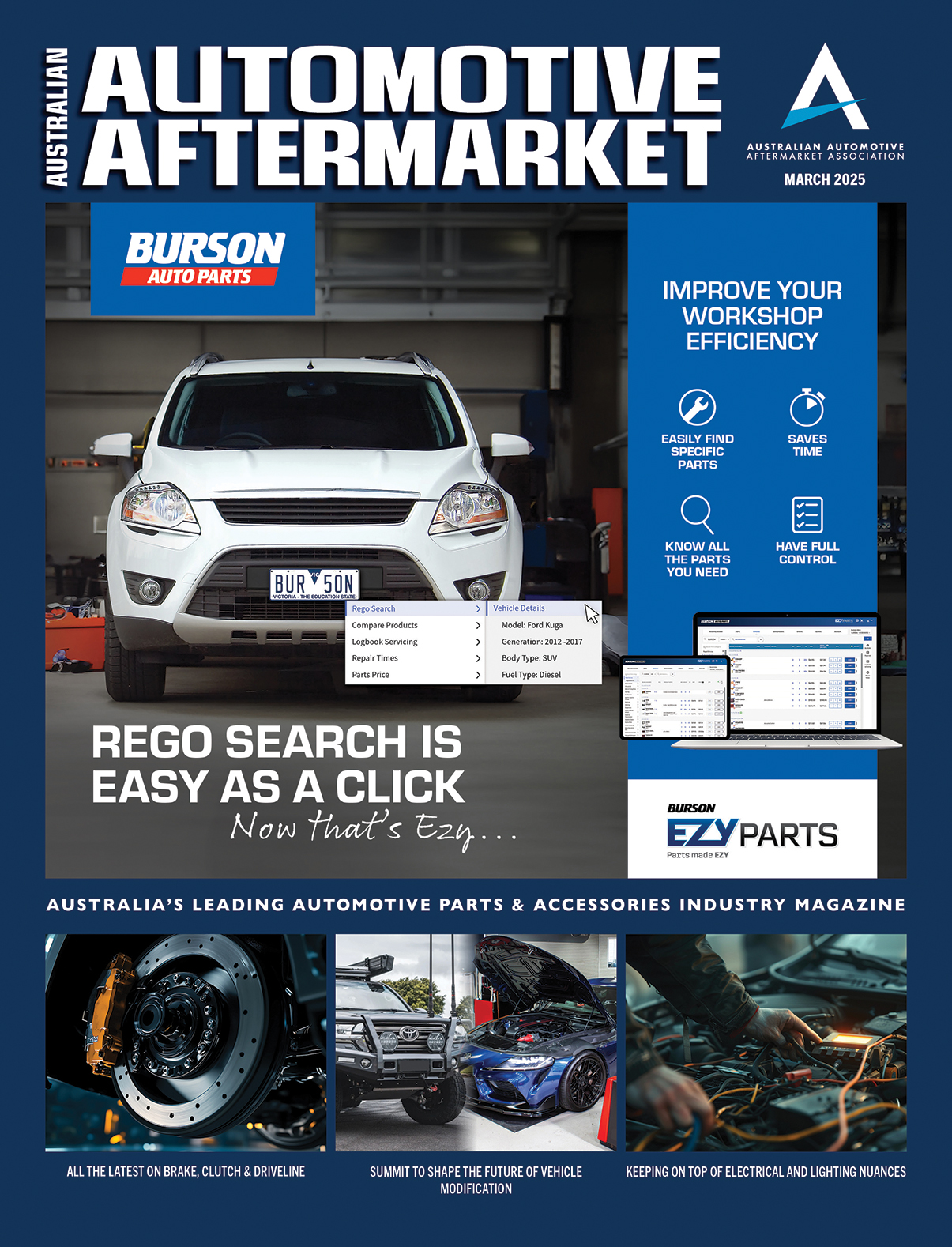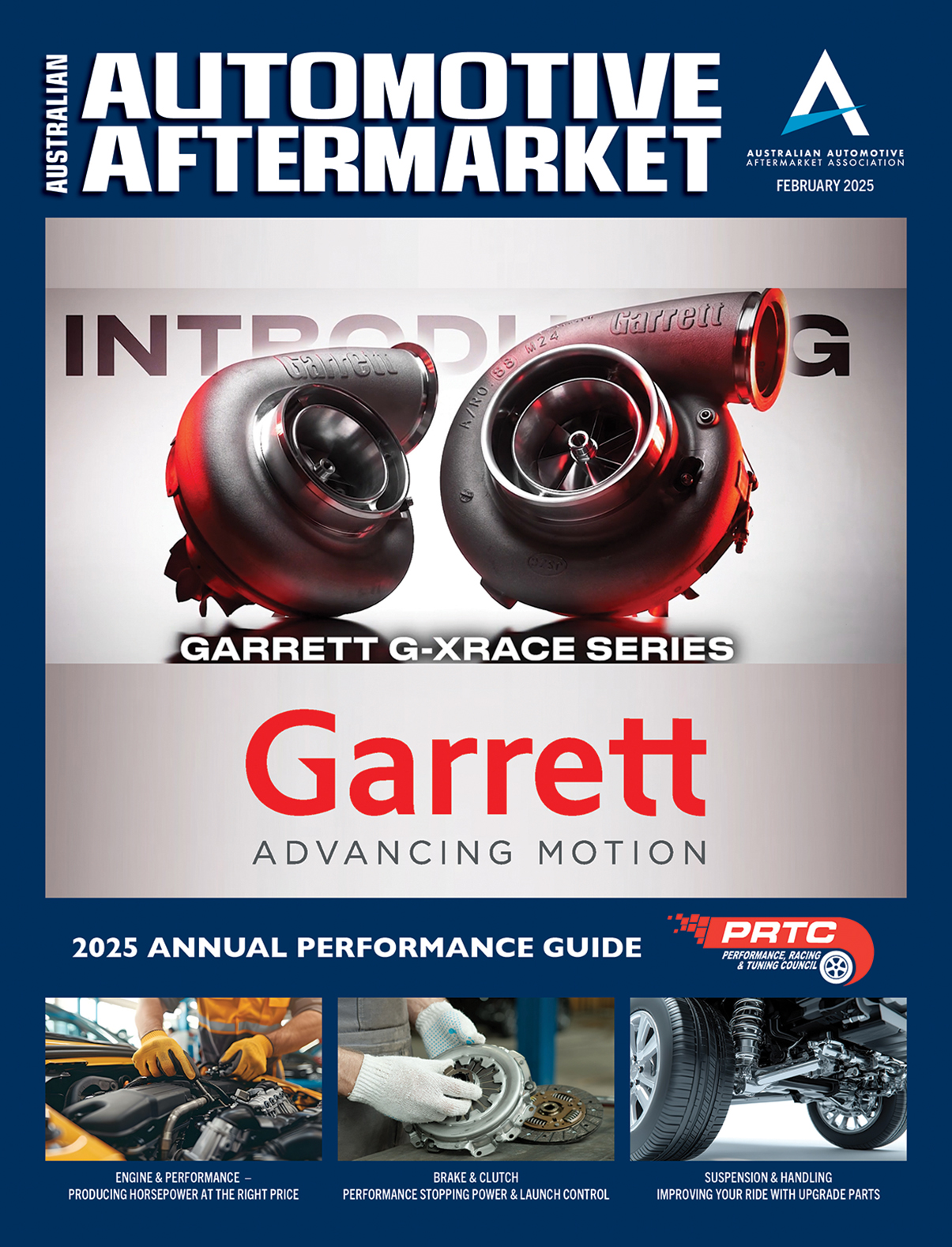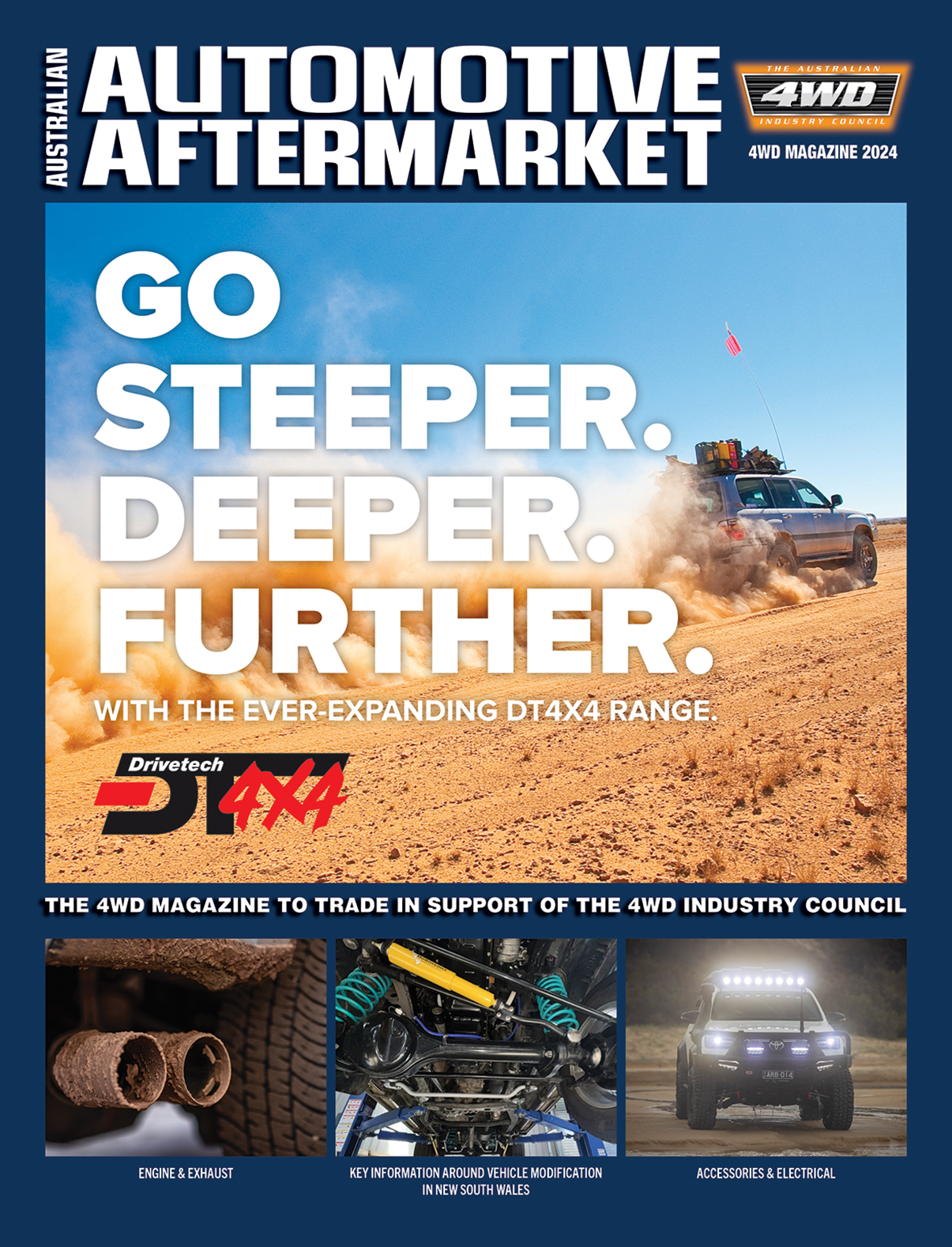THE IMPORTANCE OF ENGINE OIL FILTER MAINTENANCE
Summer is rapidly approaching, and one of the things UFI Filters recommends is changing the oil filter

Most vehicle manufacturers recommend changing the oil filter every 15,000 km for petrol engines, and every 25/30,000 km for diesel engines.
If you drive in extreme conditions, such as dusty environments, or if you drive an older model vehicle, the oil filter may need to be changed more frequently, such as every 10,000 km.
Nevertheless, vehicle manufacturers almost always recommend that the filter be replaced at every oil change.
In particular, before setting off on a long journey, it is important to check the oil level, ensure that the filter has been recently changed, and have the vehicle serviced if necessary.
This is because during long journeys, cars are subjected to greater stress than usual, and the engine could need extra lubrication to work correctly.
Indicators of an oil filter that is beginning to get old or clogged include oil stains under the vehicle, engine overheating, excessive oil consumption, and the oil pressure warning light coming on and remaining lit.
UFI Filters supplies two types of oil filters: immersion oil filters and screw-on oil filters.
Immersion oil filters inside a complete aluminium or plastic module
UFI Filters says these are the most ecological solution, as they are composed only of a central structure made of recyclable plastic, around which the filter media is wrapped, held by two plates.
UFI Filters develops filter media and manufactures them internally according to specific formulations named FormulaUFI. More specifically, the oil filters in UFI’s catalogue for light vehicles are available in FormulaUFI.Micron and FormulaUFI.CELL.
FormulaUFI.Micron is a synthetic fibre compound which guarantees the highest levels of efficiency with a filtration capacity of 50 percent down to four microns, and is resistant to high pressures. FormulaUFI.CELL is a material made from cellulose combined with synthetic fibres to maximise the retention capacity and pressure resistance.
External screw-on filters
These are generally composed of an outer metal structure in which the filter material is located, and therefore are the most traditional and long-standing filtration solution. UFI Filters explains they have a threaded end for coupling to the engine, generally near the lubrication pump.
When changing your oil filter, UFI Filters says it is advisable to put your trust in a professional with quality OE-equivalent spare parts, “guaranteed by the UFI aftermarket catalogues.”
For more information, visit www.ufifilters.com or www.ufi-aftermarket.com/eu









